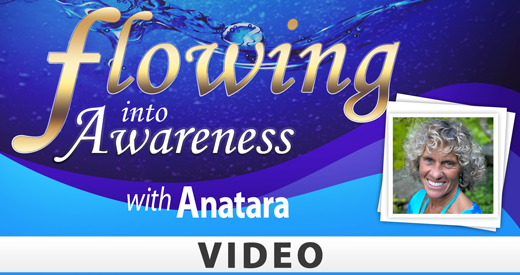| YogaHub |  |
Edi Pasalis Ups the Ante
 Attending this workshop was a change of plan for me (I won’t tell you the one I ditched out on in order to go listen to Edi!)…for whatever reason, when this afternoon came, I was just pulled to check out what Edi Pasalis had to say in her workshop More Hours or More Per Hour? Lessons in Right Livelihood From MBSR. Maybe it’s because I’m new to this whole “yoga teacher” thing and I could use some sound-headed business advice, or maybe it’s just because I like the way “right livelihood” rolls off the tongue. Whatever it was, it was enough to pull me in.
Attending this workshop was a change of plan for me (I won’t tell you the one I ditched out on in order to go listen to Edi!)…for whatever reason, when this afternoon came, I was just pulled to check out what Edi Pasalis had to say in her workshop More Hours or More Per Hour? Lessons in Right Livelihood From MBSR. Maybe it’s because I’m new to this whole “yoga teacher” thing and I could use some sound-headed business advice, or maybe it’s just because I like the way “right livelihood” rolls off the tongue. Whatever it was, it was enough to pull me in.
For those of you who don’t know what MBSR is (and that included me, just a few hours ago), it stands for Mindfulness-Based Stress Reduction, which is a program that was developed by Dr. Jon Kabat-Zinn in the late seventies, and has since become a bit of a phenomenon.
MBSR is, as the title indicates, a stress-reduction program based on the principles of mindfulness, and it is practiced all over the world with individuals in all kinds of settings. It is a program that is backed up by evidence from clinical trials and other scientific research (for the details on all of this, I suggest you check out the MBSR website on the University of Massachusetts Medical School homepage) and the model for the structure and implementation of the MBSR program is what Edi Pasalis was drawing on in her workshop to demonstrate the possibilities for right livelihood amongst yoga and other wellness professionals.
Basically, what Edi was presenting to us was the possibility, as teachers, for us to start to think about proven ways to generate more income per hour. The success of the MBSR program, she told us, comes down to four basic things:
1. It’s a packaged program. This means it’s standardized. This means it can be taught over and over, in many different scenarios, without the added drag of continual development (like the kind we have to do when we jump from workshop topic to workshop topic in our offerings as teachers).
2. It requires home practice. This was an interesting point, and one I hadn’t heard before – that encouraging students to do home practice as part of what we are teaching, changes and increases in value the relationship of teacher to student. Meaning, if a student’s practice is evolving outside of the classroom, as well as in, we as teachers begin to take on a deeper role in that student’s journey as a practitioner.
3. It is a professional program. Which means it is taught by professional and accredited people. Which means students might take it a bit more seriously. Which means, you guessed it…money in the bank.
4. It is an evidence-based program – it is proven. Do I even need to explain this one? People want to participate in things that have been proven to work. Period.
Okay, great…so, why do we care?
Well, we care (or should care) because this presents a pretty clear model for how to think about what it is we are offering, or not offering, as teachers. At the end of the workshop, Edi had us all do some meditation and journaling about this questions: how is it that we might start to implement parts of this model into our own work? How can we create something which is repeatable? Which encourages home practice? How can we truly become a yoga “professional”? How can we create more legitimacy from outside sources for the work we are doing?
And I’m not going to share my answers to these questions, but I will say I found them to be very thought-provoking. The whole workshop was so clear and focused, and these questions forced me to consider some things I had never considered before. And because of that, I also found some answers, which I never would have discovered had it not been for the clarity and simplicity of the questions.
If you’re a yoga teacher or any kind of wellness professional, I highly recommend checking out Edi’s workshop. She was clear and engaging and the information is really valuable, if for no other reason than to get you thinking about what it is you’re offering, professionally, how it’s working for you and, if it’s NOT working for you, how you might get it to start. (And make a few more dollars in the process…)
[tags]edi pasalis, More Hours or More Per Hour, virtual world yoga conference, MBSR, Mindfulness-Based Stress Reduction, wellness professional, yoga teacher[/tags]





